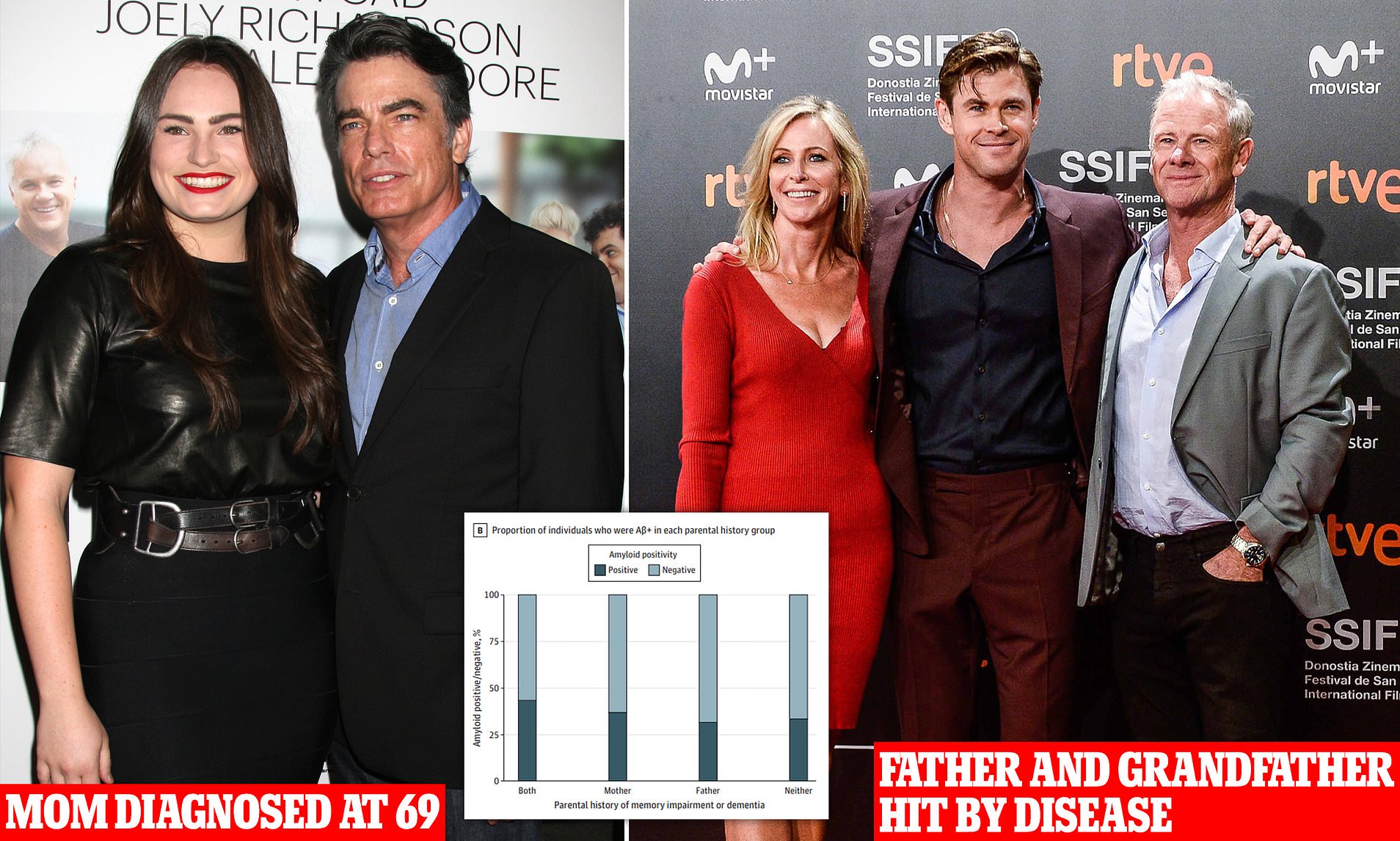- Home
- PhilHealth...
PhilHealth to recommend cut in contribution rates
Recto defends impounding of PhilHealth ‘unused’ funds
MANILA, Philippines — After getting rapped for having unused funds that the government has impounded, the Philippine Health Insurance Corp. is eyeing to recommend to President Marcos a reduction in the contributions of PhilHealth members.
PhilHealth president and CEO Emmanuel Ledesma Jr. revealed the plan at yesterday’s hearing of the Senate committee on health and demography on the state health insurer’s unused fund of P89.9 billion.
Ledesma made the pronouncement in response to questioning by panel chair Sen. Bong Go.
“When will you recommend to the President to lower the PhilHealth fee or premium? Would you recommend it?” Go asked, to which Ledesma replied: “Actually, yes, we will, especially after this very nice hearing that just happened, we will do it immediately.”
“As early as this afternoon I will convene our team and we will recommend a reduction in the premium rates and contribution rates to President Marcos. Immediately, to answer your question,” Ledesma said.
Go said it is painful for ordinary Filipinos to realize that they’ve been paying high premiums for health insurance even as PhilHealth is awash in cash.
“It is unacceptable that there are funds there that are not being used to help every Filipino who is a member of PhilHealth...Why should the P90 billion be returned? Why are PhilHealth benefits still lacking? Why do some patients have to pawn possessions in order to pay their hospital bills? There are people who can’t leave the hospital because they can’t pay,” Go said.
At the hearing, Sen. Raffy Tulfo also criticized PhilHealth for having unused funds, which could be used for better health benefit coverage.
“Before you return the money, think about what the money can be used for. It shows that you are incompetent, you are not doing your job well. You don’t have a strategy and you don’t think,” Tulfo said.
Sen. Risa Hontiveros said she was alarmed by the Department of Finance’s insisting that PhilHealth return the money, even though it is clear in the Universal Health Care (UHC) program that no funds for medical benefits should be rechanneled to the general fund of the government.
“So alarming, Mr. Chair, that the national government, through a DOF circular, instructed the return of unused funds from GOCCs (government-owned and controlled corporations), which includes the Philippine Health Insurance Corp., despite clear mandate from the UHC Act that no PhilHealth fund or income shall accrue to the general fund of the national government or any of its agencies and instrumentalities,” Hontiveros added.
Go said he was wondering why the DOH and PhilHealth didn’t just use the P90 billion to create a new program for addressing the health and medical needs of Filipinos.
He said the money could have been used to strengthen benefit packages such as for dialysis and mental health.
“Morally for me, this is unacceptable. People die because there is not enough subsidy for dialysis. Why not use it for mental health benefits? The others even committed suicide,” he pointed out.
He thanked the DOH and Department of Budget and Management, however, for their commitment to release P27 billion in health emergency allowance for health workers who risked their lives during the pandemic
Recto defends transfer
At the hearing, Finance Secretary Ralph Recto again defended the move to implement the fund transfer, saying it would only cover unused amount.
He assured the senators that millions of PhilHealth members – as promised by President Marcos – can expect more health and medical benefits.
Recto said the P500 billion PhilHealth has is more than enough to cover the benefits for members, including those promised by the Chief Executive.
“The contribution of PhilHealth members will not be affected. Because the fund is from PhilHealth’s surplus and unused government subsidies,” he told the committee.
“PhilHealth has an outstanding P500-billion benefit chest fund. According to them, it is excessive and fits the bill for multi-year claims,” said Recto, a former senator and one of the authors of the Universal Health Care Act.
“PhilHealth will continue to receive subsidies from the government. PhilHealth itself has said that there will be no deduction from the benefits received, based on the current policy,” the DOF chief said.
“The President even mentioned in his SONA that PhilHealth benefits will be increased for outpatients, those with serious illnesses such as cancer, and children with disabilities,” he explained.
In his SONA, President Marcos said PhilHealth would increase the number of generic drugs available for outpatient treatments from 21 to 53. These include medicines for hypertension, nerve pain and epileptic seizures.
PhilHealth will also almost double benefits for members who suffer from strokes and pneumonia to up to P76,090. The limits for breast cancer treatments of PhilHealth members would also be increased by close to 1,000 percent, from the current P100,000 to P1.4 million. Before the year ends, PhilHealth will also include in its benefits chemotherapy for cancer of the lungs, liver, ovaries and prostate.
“There is no advocate more committed to higher health spending than the DOF,” Recto stated.
Recto cited his record as a legislator and informed the chamber that aside from championing higher sickness benefits and faster processing of claims by PhilHealth, two of his advocacies – the Doktor Para sa Bayan Act and the Regional Medical Center Act – became laws.
His amendments to the TRAIN Law and Sin Tax Law also removed the sales tax on medicines for diabetes, high cholesterol, hypertension, cancer, mental illness, tuberculosis and kidney diseases.
Fiscal ‘red line’
Recto asked his former colleagues in Congress to not let unprogrammed appropriations next year get bloated, as he maintained that the government “will not cross the fiscal red line” in favor of such spending item.
“As we discuss the NEP (National Expenditure Program), we ask Congress to help us to carefully choose projects in the budget that create the most economic growth and more jobs,” Recto said.
“We hope that they will curate the expenditure program without inflating the unprogrammed appropriations side, because this distorts the country’s fiscal plan,” he said.
Based on the NEP 2025, the DBM proposed that unprogrammed funds be at P158.7 billion, 78.3 percent lower than the P731.4 billion under the 2024 General Appropriations Act.
This is just 2.5 percent of the total expenditures for 2025, significantly lower than the 12.7 percent share in this year’s budget.
Under the 2024 allocation, unprogrammed appropriations increased to P731.4 billion from the original proposal of P281.9 billion. This means that lawmakers inserted P449.5 billion during the bicameral conference committee.
“I have been steadfast in my position that there is no way that the P731.4-billion unprogrammed fund can be fully funded. There is a fiscal red line we will not cross,” Recto said.
“I have been an advocate of the pay-as-you-go system in budgeting in which laws that beget expenditures must have a clear source of funding – identified by the proponents themselves,” he said.
Unprogrammed appropriations provide standby authority to incur additional agency obligations for priority programs or projects when revenue collection exceeds target and when additional grants or foreign funds are generated.
Recto maintained that it is necessary for the government to operate within the parameters of the medium-term fiscal program that aims to reduce deficit and debt, create jobs and decrease poverty.
Nonetheless, data showed that the DBM has recorded P175.02 billion in other releases as of June, 79 percent of which at P138.55 billion went to unprogrammed appropriations.
The unprogrammed funds are expected to finance several programs, including the Davao City By-Pass Construction Project, Samal Island Davao City Connector Project, Panay-Guimaras-Negros Island Bridges, Bataan-Cavite Interlink Bridge Project, Metro Manila Subway Project and the sixth tranche of the salary standardization for state workers.
- https://www.msn.com/en-ph/health/other/philhealth-to-recommend-cut-in-contribution-rates/ar-BB1qTLG5?ocid=00000000
Related
Disease X: The next pandemic?
Disease X, a term shrouded in mystery and caution, represents not a specific illness but a placeholder for the unexpected, a potential future pandemic that could surpass known diseases in impact. First coined by the World Health Organization (WHO), this hypothetical pathogen symbolizes the unpredictable nature of health threats in a globally connected world. It's a stark reminder of the ever-present need for vigilance, research, and preparedness in the face of unknown adversaries. For a deeper understanding of what Disease X might entail and how the world braces for such indeterminate threats, click through this gallery and learn more.
Health
‘White baha’ and risk of disease after Kristine
Floodwater invading a home in Pila, Laguna turned white due to spilled paint—but the residents have not reported any adverse effects. According to Mariane Mateo Manalo, gallons of paint were mixed with the floodwater brought by Severe Tropical Storm Kristine (international name: Trami). “Siyempre po tumaas ‘yung tubig, tendency umangat din po ‘yung pinaka-galon ng pintura, so natapon [Of course the water level rose, the tendency was for the...
Health75 sickened as McDonald's severe E. Coli outbreak expands
WASHINGTON, D.C. — A severe outbreak of E. Coli linked to McDonald's Quarter Pounder burgers has expanded to 75 reported cases, mainly in the western United States, authorities said Friday. The number of hospitalizations has risen to 22, though no additional deaths have been reported beyond that of an elderly patient in Colorado, according to the Food and Drug Administration (FDA) and the Centers for Disease Control and Prevention (CDC). One...
HealthLess headaches due to omega 3 fatty acids?
Omega 3 fatty acids are among the healthy unsaturated fatty acids. You can find them in walnuts, vegetable oils, fatty fish (salmon, herring, mackerel, sardines, trout). For people who often suffer from headaches, it is recommended to eat more oily fish and nuts. Is this true? Research American researchers had 182 (mainly female) patients follow a diet rich in omega 3 fatty acids. The control group received regular food. The researchers...
Health
You're more likely to get Alzheimer's if your mom has it, says study
You may be more likely to develop Alzheimer's if your mother had the disease at any time in her life, a study suggests. But those whose father's suffered from early-onset Alzheimer's - Alzheimer's before the age of 65 years - may also be at risk.
HealthThe six types of depression, according to science
The medical field of mental health has always been an enigma. Due to the complex nature of the human brain, it is oftentimes difficult to understand the nuances to how it works, and also what happens when it doesn’t. Depression in particular has plagued people for centuries, but new studies and new technology can finally help scientists understand not only the signs of depression, but also potential avenues to treat the varying types. One particular study, conducted by Stanford Medicine, has shed some light on the possible forms that depression takes. Curious? Click through this gallery to see what they are.
HealthNew credit card offers free annual physical exam, ambulance service
A new credit card designed for health-conscious and financially savvy consumers aims to inspire healthier life goals and improve overall wellness. UnionBank of the Philippines (UnionBank) and Mercury Drug launched a credit card offering health perks on every health and wellness purchase to “lead a healthier life” on October 18 at the Grand Hyatt Manila […]
HealthNograles, Duterte take drug tests
PBA party-list lawmaker Migs Nograles subjected herself to a hair follicle drug test in Davao City on Wednesday, meeting the challenge posed by Davao City Representative Paolo Duterte. Nograles, who will be running for Davao City First District Representative against Duterte next year, took the drug test in a laboratory in her hometown of Davao City, the bailiwick of the Dutertes. “At the end of the day, I don’t take it as a challenge. This is...
Health
